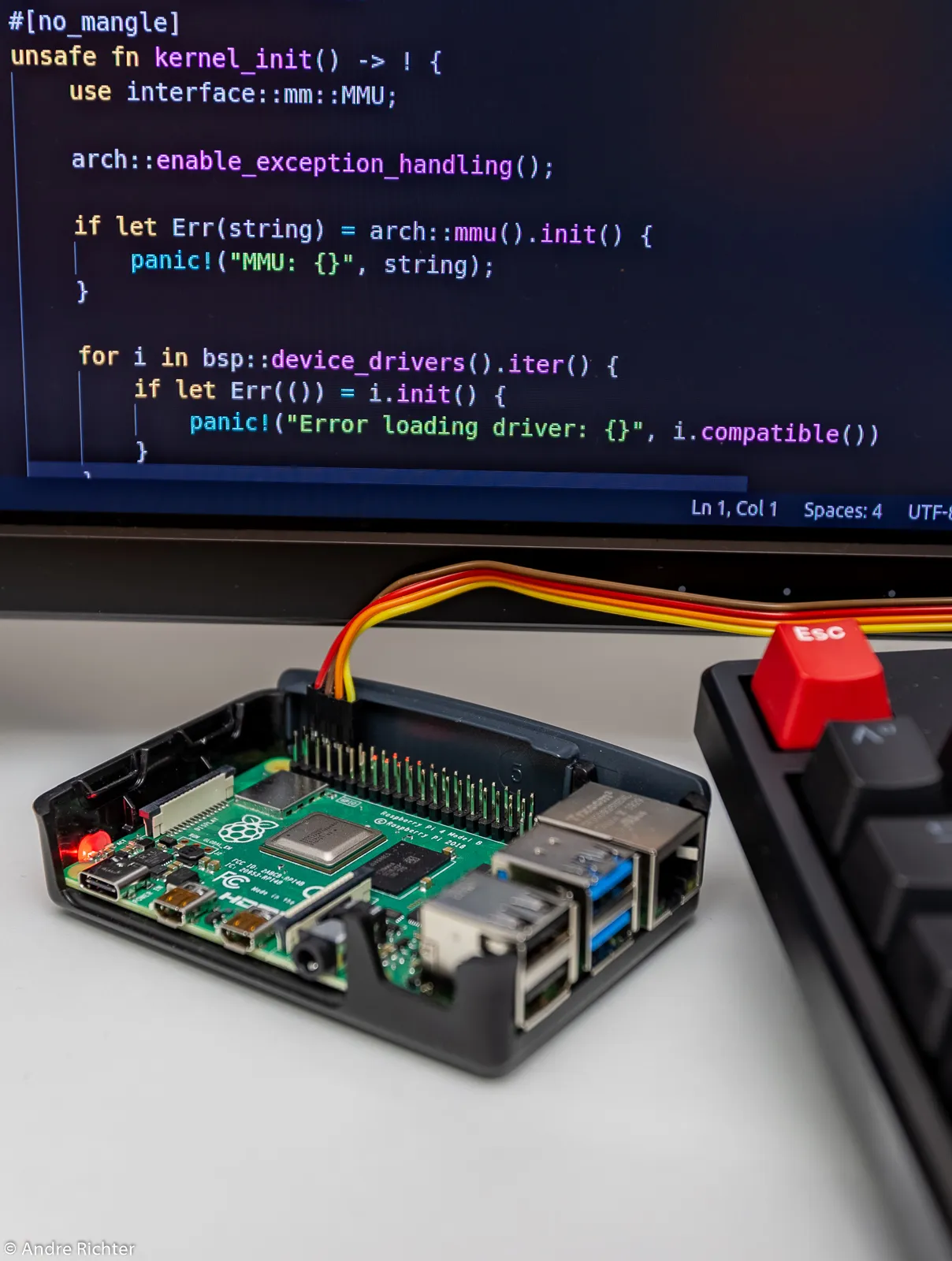Looking at algorithms, network programming, and other related topics, with a focus on the Rust programming language.
We are back with another exciting edition of the Rust-Trends newsletter! Whether you are looking to learn more about the language, stay up-to-date with the latest developments, or just get some inspiration for your next project, we’ve got you covered. So please grab a cup of coffee and join us as we explore the world of Rust!
In today’s email:
- Algorithms written in Rust
- Will this be your next Operating System in Rust?
- Networking with Rust crates
Algorithms written in Rust
 Algorithms are a crucial part of computer science, and they play a vital role in many areas of software development. From sorting data to searching for information, algorithms help us solve problems and perform tasks efficiently.
Algorithms are a crucial part of computer science, and they play a vital role in many areas of software development. From sorting data to searching for information, algorithms help us solve problems and perform tasks efficiently. If you are a Rust programmer looking to learn more about algorithms, a great resource to check out is this website. The website is accompanied by this repository that showcases the collection of algorithms written in Rust.
The “TheAlgorithms/Rust” repository contains a wide range of algorithms, including those for sorting, searching, and ciphers. It also includes implementations of various data structures, such as lists, trees, and graphs. The repository is maintained by contributors who are committed to keeping it up-to-date and relevant for Rust programmers.
If you are interested in learning more about algorithms and how they can be implemented in Rust, be sure to check it out. The nice thing about the website is that it uses the online playground platform, so you do not need to have Rust installed to try it out.
Will this be your next Operating System in Rust?

There are several tutorials and resources available for learning how to develop an OS in Rust on the Raspberry Pi, including creating a custom kernel, developing drivers, and creating a minimal operating system. There are also projects like TockOS, which uses Rust to create a secure and efficient embedded operating system.
The Rust programming language provides a powerful and safe alternative for building an OS on the Raspberry Pi. The growing community and resources available make it an attractive choice for those interested in this field.
Networking with Rust crates
Rust is a system programming language, that provides a safe and efficient way to build networked systems. One of the key features of Rust for network programming is its low-level control over memory, which allows for building high-performance and efficient networked systems. Additionally, Rust provides built-in support for low-level network programming, such as socket programming, which enables developers to handle network protocols such as TCP, UDP, and other transport protocols.
To get started with network programming in Rust, you can use the standard library‘s support for low-level network programming, such as the std::net module, or use specialized libraries such as mio and tokio which provide more high-level abstractions and are built on top of the standard library.
Here are a few resources that you may find helpful when getting started with network programming in Rust:
The Rust documentation on Network Programming The Tokio project and the starter tutorial Mio: minimalistic, efficient async I/O library for Rust.
Enjoy your Sunday, and have a great week ahead.
Thanks for reading!
Bob Peters
Feel free to connect with me on LinkedIn